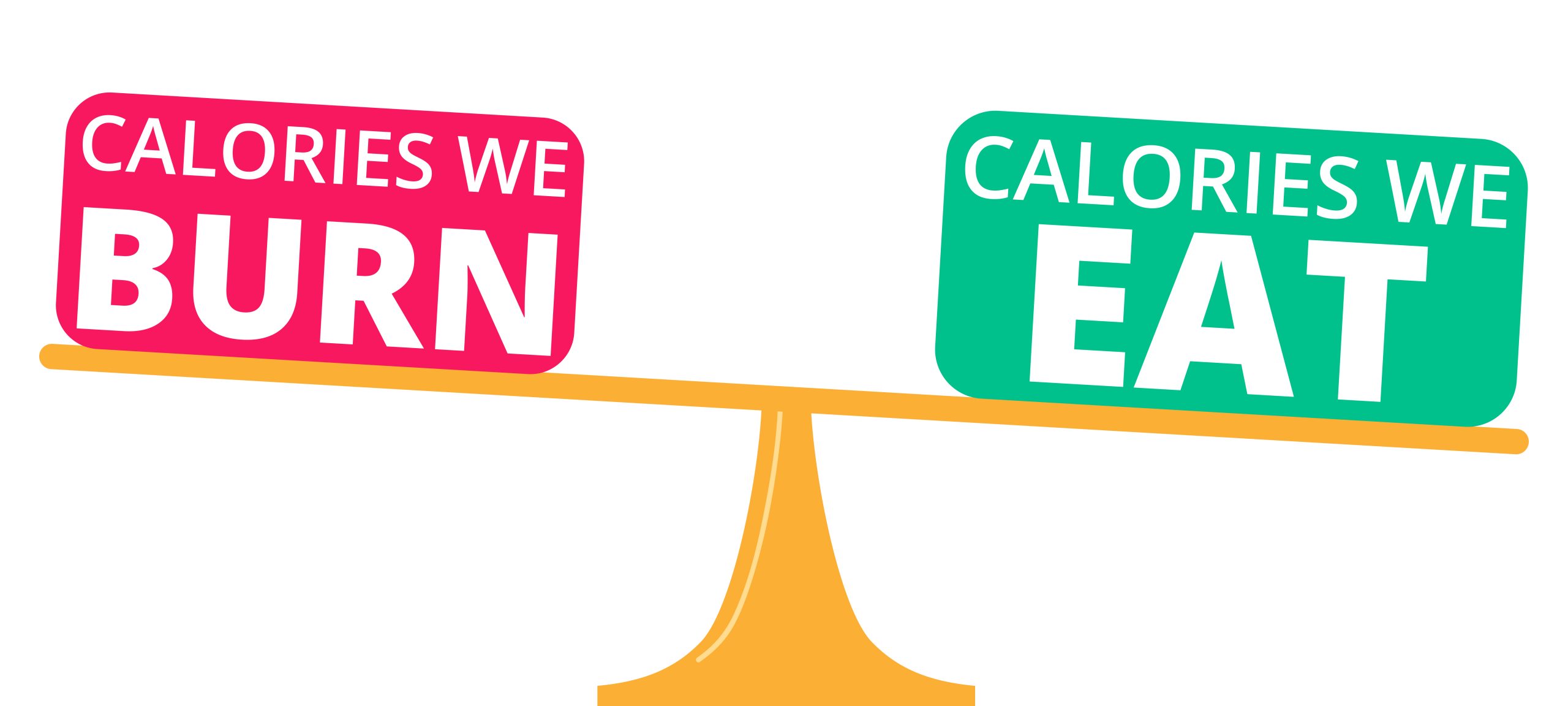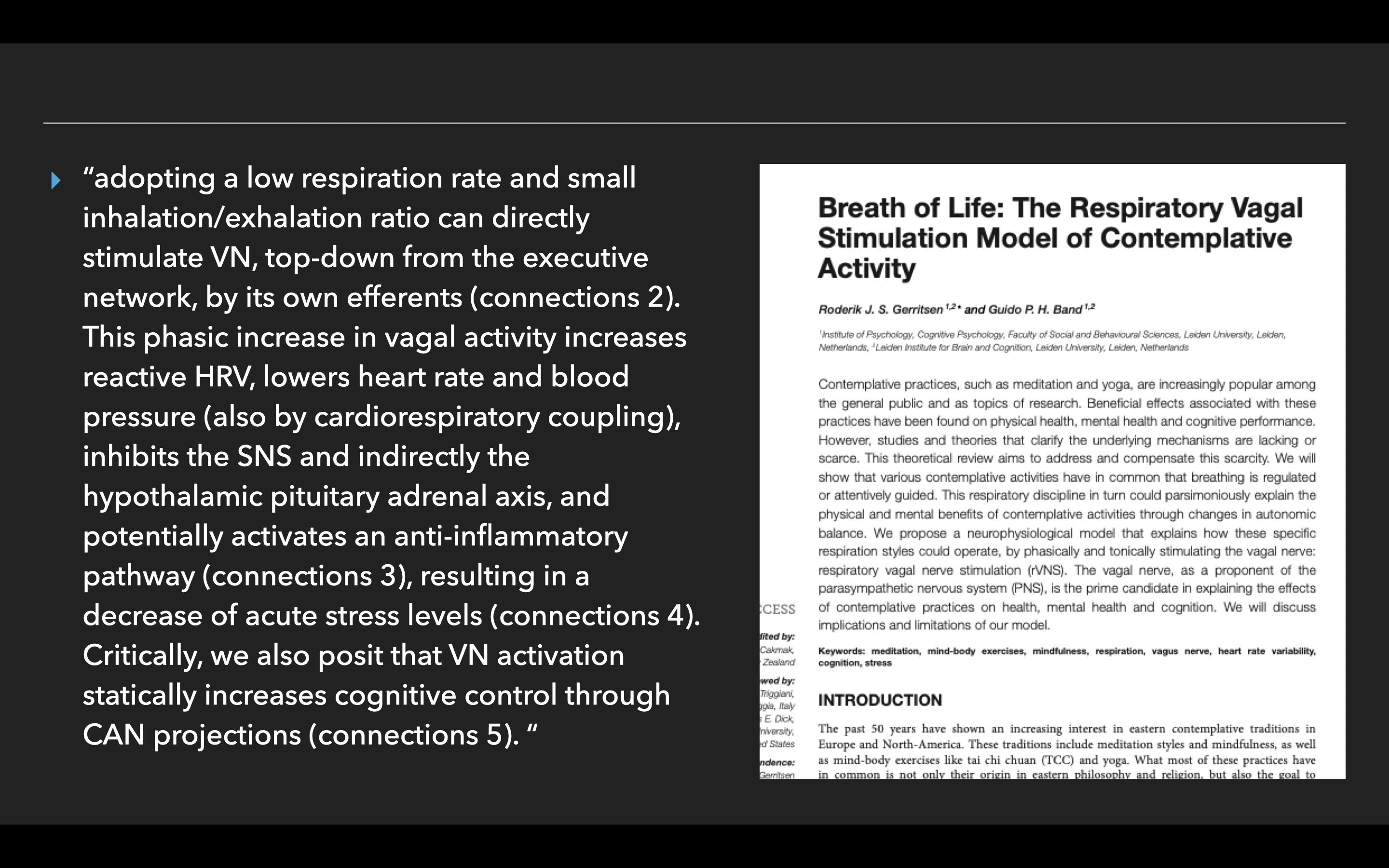Why Losing Weight Isn’t Just Calories In, Calories Out!
2024-05-9

If you have been into any form of working out you have heard people say that if you want to lose body fat you have to take in less calories. The truth is if we were purely mechanical beings, this math equation would be largely true. However, things are quite that simple.

This equation isn’t accurate but is used all the time!
The reality is that the majority of people, especially those that end up losing weight, will go through weight fluctuations. The “yo-yo” dieting effect actually puts the most stress on the body than just being heavier. Now, many people reading this may think, “hey, you just have to be disciplined”. Well, sure, having personal responsibility is part of the equation, but think about how you may respond if someone said that about something that is challenging for you?
For example, if you struggled to make more and save more money and someone told you that you just had to “work harder and be more disciplined in your savings”, does that magically make it easy to do? In some cases it might, however, people are generally more complex that this and the fact that we all deal with life stressors in different ways, it can be more or less challenging for people depending upon a host of various factors.
View this post on Instagram
I think Ben Carpenter does overall great work explaining a lot of questionable ideas we hold in fitness.
In fact, research actually explains, “Factors associated with fluctuations in body weight include many biopsychosocial processes, such as genetic predisposition, thoughts, and emotions, and barriers in a person’s social or cultural environment.” These are not clearly just about being “disciplined”.
One 2015 really drives home the complexity of living and the “calories in and calories out” mentality. In this study, 58 women during two separate 9.5 hour admissions received either a high saturated fat meal or a high oleic sunflower oil meal. Previous day stressors were assessed by the Daily Inventory of Stressful Events and MDD history by the Structured Clinical Interview for DSM-IV.
No matter what your thoughts on those foods or meals, that’s not the point so stay with me. They found that even with the two equal meals being given, one after elevated stressors and another without, those with the greater stress, “The cumulative 6-hour difference between one prior day stressor and no stressors translates into 104 kcal, a difference that could add almost 11 pounds/year. These findings illustrate how stress and depression alter metabolic responses to high-fat meals in ways that promote obesity.”
So, those who ate the same meal, but had higher stress levels actually took in an extra 104 calories. NO! They did not EAT 104 more calories, they just metabolized the food differently due to stress and that resulted in more calories from the food they ate. That is nuts right?! Even though they ate the same food, the only difference in how their body processed what they ate was the stress.
Still think our bodies are just math equations?
So, what does this all mean other than looking at more than just what people do and do not eat?
If we can help manage stress and emotional tendencies in people, we can both provide a healthier environment for weight loss as well as helping people keep the weight loss more long term.

Breath work according to doctors and scientists is one of the easiest AND most effective ways to help manage stress and help regulate our nervous system and teaching people rather easy exercises like the following can be done anywhere, any time, and do a world of good for people on many levels.
When we have familiarity with this type of breathing, we can continue to slowly build upon it with movement. These types of practices have been shown to reduce anxiety, depression, and aid in overall stress management (sounds like something that would be really useful considering the above study). Not only do such movements help with our mind, but also our body, as research has also shown that such training enhances mobility, stability, balance, and even strength.
If it is so great why don’t more people do it? Well, for one, we have a rather unhealthy relationship with exercise overall. Typically we aren’t led to believe unless we are creating sweat angels, feeling our heart jump out of our chest, and so forth that the exercise is really effective. Now I am not against such training either, but this is about balance and addressing what we may need more of or what we can use more frequently than the heart pounding type of training that most people think about.
Such training can enhance our NEAT too, what’s that? “Non-exercise activity thermogenesis (NEAT) is the energy expended for everything we do that is not sleeping, eating or sports-like exercise. It ranges from the energy expended walking to work, typing, performing yard work, undertaking agricultural tasks and fidgeting. Even trivial physical activities increase metabolic rate substantially and it is the cumulative impact of a multitude of exothermic actions that culminate in an individual’s daily NEAT.”
When we talk about sedentary lifestyles, we are referencing a great decrease in overall NEAT, not the idea that we as humans would typically do a 30-60 minute HIIT session in ancient times. More often than not, we did more NEAT work than really intense training. Does NEAT help with our fat loss goals? Research does support this idea…
” Inadequate modulation of NEAT plus a sedentary lifestyle may thus be important in obesity. It then becomes intriguing to dissect mechanistic studies that delineate how NEAT is regulated into neural, peripheral, and humoral factors. A scheme is described in this review in which NEAT corresponds to a carefully regulated “tank” of physical activity that is crucial for weight control.”
My point is don’t write off such training because it doesn’t look intense enough or you can’t tell what muscles you are working. There is SO much more going on with such training that if you practice with the right intent you can help the important mind-body connection that is probably more important for losing weight than most people realize!
Want to find out more? Don’t miss 35% on our “Science Of Breathing” course HERE and as well as our Myofascial Integrated Movement programs HERE with code “corrective”
© 2026 Ultimate Sandbag Training. Site by Jennifer Web Design.






